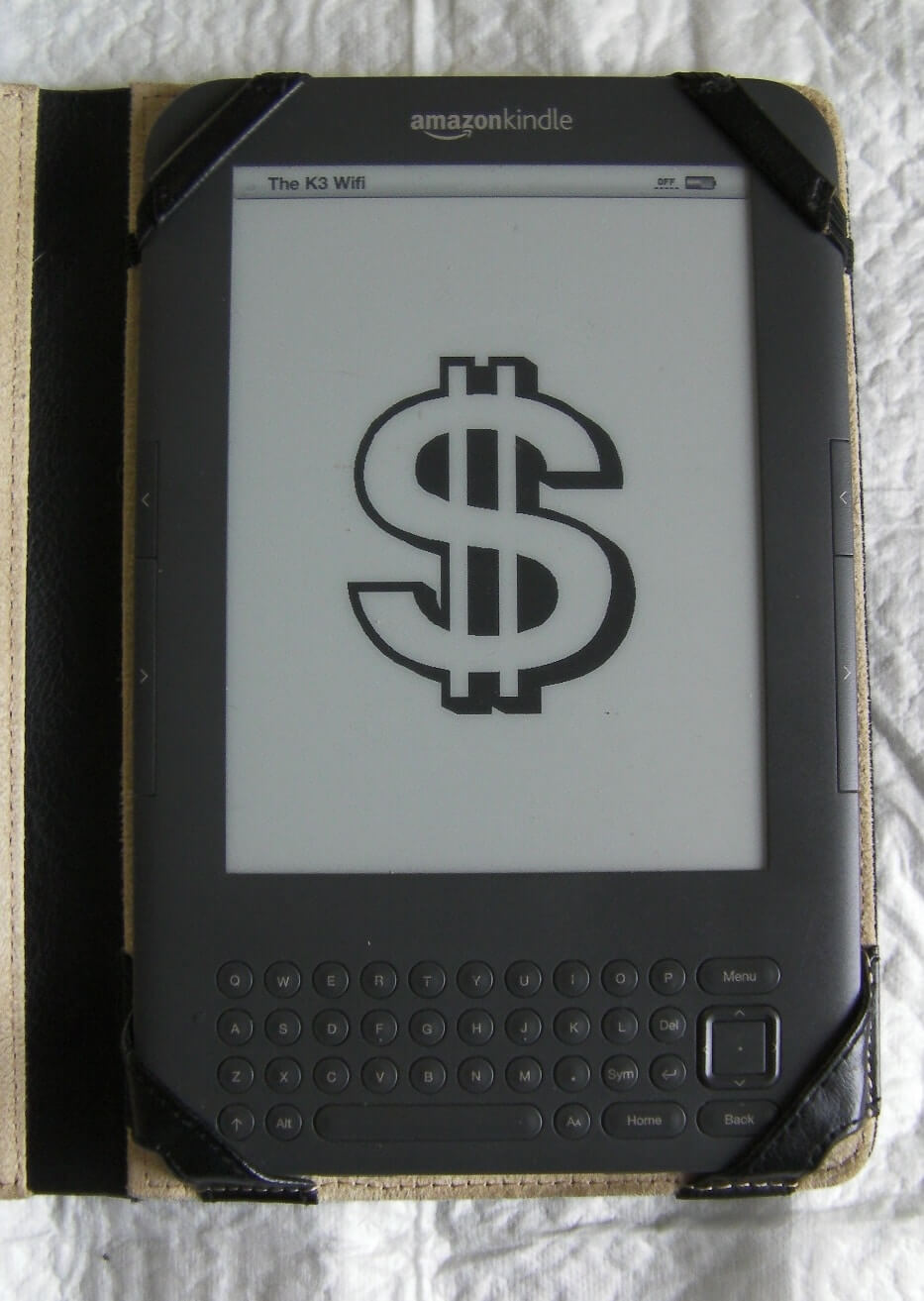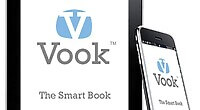
Many book retailers were put out by the requirement to write all new contracts with the publishers following the Department of Justice settlement with a handful of the Big Five, but it looks like a viable pricing model may have been found. Since those publishers were forced to abandon the “agency pricing” model, in which the publishers dictate to the retailers how much the book will cost, they have renegotiated with something called Agency 2, which essentially lets the retailers set their prices for ebooks as long as the total discount over time doesn’t exceed thirty percent.
By many accounts, the agency pricing model was instituted to stop Amazon from selling ebooks at a price below its own cost, a move the distributor was reportedly–and legally–doing in order to offer an incentive to its customers to purchase the then-new Kindle e-readers. The DoJ investigation actually stems from Amazon being required to abandon this “wholesale model” in favor of agency pricing, a move which only happened, according to the investigation, after several major publishing houses agreed to band together on the issue.
Calvin Reid for Publisher’s Weekly had a complete breakdown of what Agency 2 pricing will mean for publishers and retailers, as well as the confusing time constraints on the process.
According to Reid, “Under the terms of the DoJ agreement, settling publishers can still use the agency model, but for the next two years they cannot control consumer prices. Instead, the agreements allow e-book retailers to discount prices up to the aggregate cost—generally a 30% commission under the agency model— of the discount computed over the course of the contract, which is generally a year.”
Basically, Agency 2 allows the retailers to apply their own discounts to books in order to entice customers, but the discount comes out of the retailers’ percentage and cannot be more than a given amount. This model will still effectively block Amazon and any other retailers from selling publishers’ titles for less than the retailer paid for them. For now, this model applies only to the publishers who settled with the DoJ, namely Simon&Schuster, HarperCollins, and Hachette; Penguin and Macmillan are still fighting the lawsuit with the DoJ.
Mercy Pilkington is a Senior Editor for Good e-Reader. She is also the CEO and founder of a hybrid publishing and consulting company.
